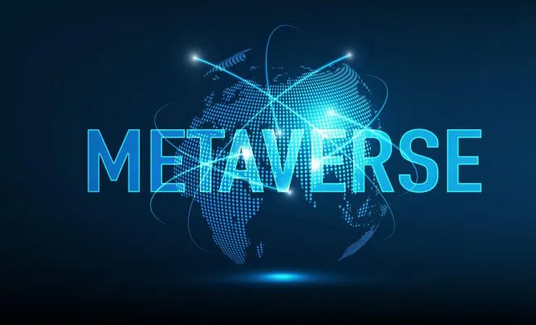Metaverse in the automotive industry
Summary
Metavers – a concept for the automotive industrie ?!
In 2020, the concept of the metaverse exploded onto the public scene following Facebook’s re-branding as Meta and newfound dedication to paving the way toward a decentralized Web3. Combined with exponential technological growth and the popularity of NFTs (Non-Fungible Token) and blockchain-based currencies, the result was an emerging interest in 3D online spaces that will supposedly redefine social life, societies, and industries as we know them.
But to understand the metaverse, it is crucial to move beyond the hyped headlines and determine whether the buzz has actual business value.
Definition
It is difficult to pin down one singular definition of the metaverse, but the concept loosely serves as an umbrella term to describe networked worlds  of device-independent virtual reality spaces, underpinned by spatial computing and distributed ledgers of information.
of device-independent virtual reality spaces, underpinned by spatial computing and distributed ledgers of information.
Components
The components of the metaverse are comprised of layers of technology, such as: decentralized information in distributed ledgers (e.g., blockchain), extended realtiy*, volumetric video and 3D engines, digital experiences compatible with anything from 2D PCs or mobile interfaces to haptic interfaces and holographic scenery, and finally, edge computing and machine learning.
The user experiences can be further divided into:
→ The social metaverse – e.g., decentralized identity, asset marketplace, virtual fashion, virtual events, metaverse gaming, etc.
Like what you see?
Then log-in to unlock all the content or become a member of Carmunication today!

Written by Carmupedia Editorial Office
You might also be interested in
Your member panel
From here you have full control over your profile